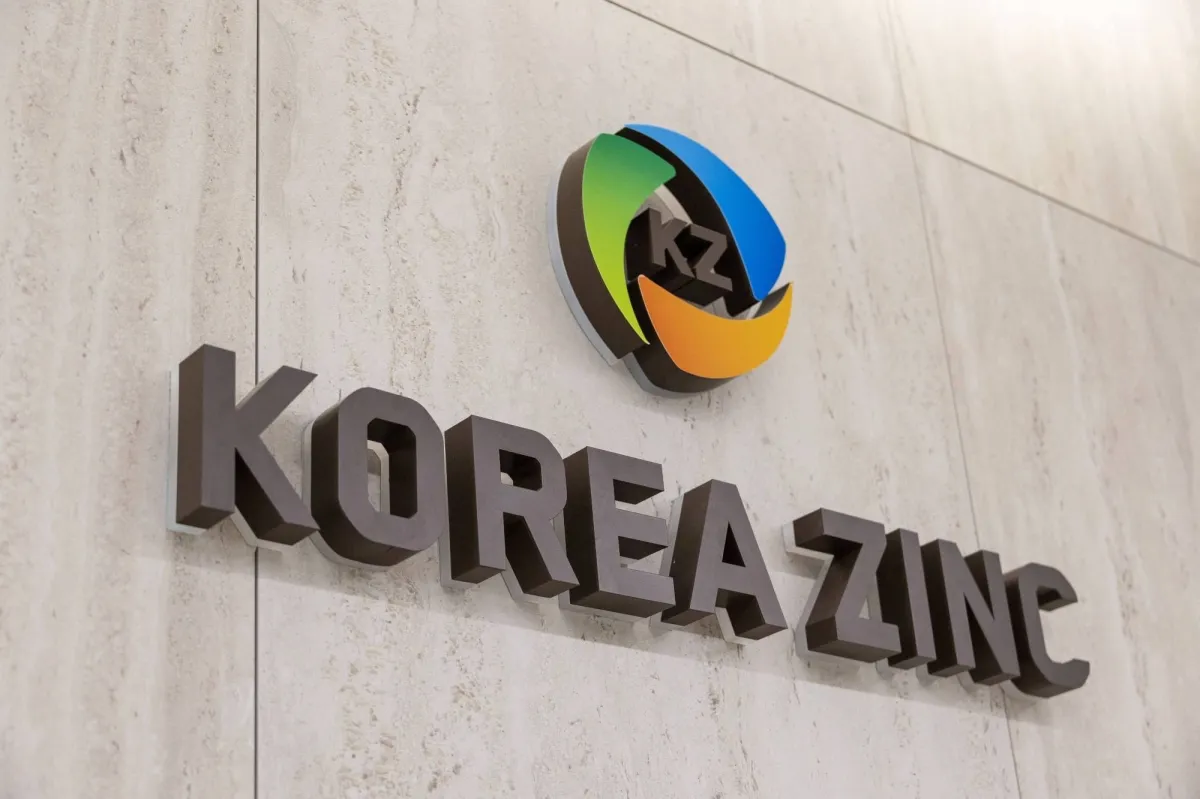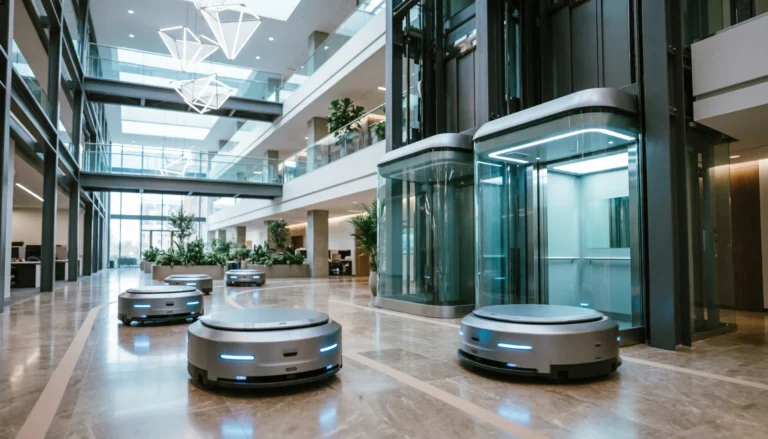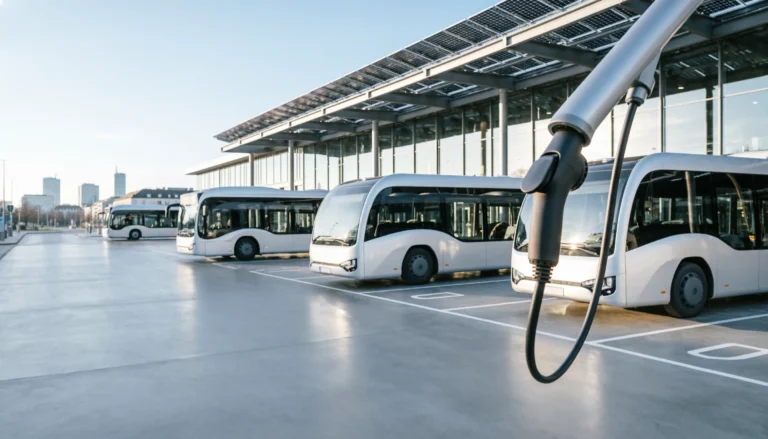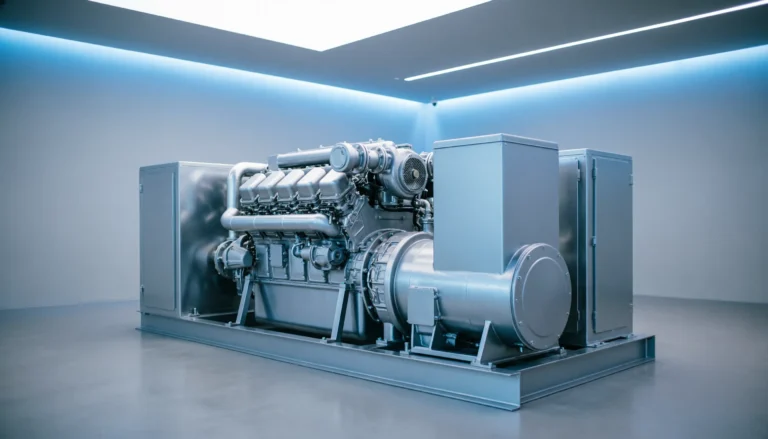
Korea Zinc has issued a comprehensive statement today to address and refute false allegations and misleading claims presented by MBK Partners during a press conference held on December 10. MBK has alleged that Korea Zinc spent over KRW 1.2 trillion under Chairman Yun B. Choi’s leadership without appropriate board oversight and that these investments resulted in a purported corporate value loss of KRW 3.4 trillion.
To support their claims, MBK introduced unconventional terms such as Lost EBITDA Opportunity, “Lost Enterprise Value Opportunity,” and “Lost Shareholder Value Opportunity.” These terms lack recognition in standard accounting or financial analysis practices. By leveraging speculative assumptions and unverified data, MBK has attempted to mislead shareholders, market participants, and media outlets, causing reputational harm to Korea Zinc.
Misleading Financial Claims
MBK asserts that KRW 582 billion invested in new ventures, KRW 569 billion allocated to non-core business funds, and KRW 900 billion spent on share buybacks could have generated KRW 3.4 trillion in corporate value if directed elsewhere. This argument, however, underscores MBK’s misunderstanding of Korea Zinc’s strategic investments and lack of long-term vision. MBK’s interpretation of Korea Zinc’s financial activities relies on selective and speculative data, misrepresenting the strategic intent and value of these initiatives.
One notable example of MBK’s misrepresentation is their inclusion of share buyback costs as a loss in corporate value. Korea Zinc conducted these buybacks as a defensive measure against MBK’s hostile takeover attempts, which highlights the opportunistic nature of MBK’s claims.
Commitment to Resource Recycling and Long-term Growth
Central to Korea Zinc’s strategy is its investment in the resource recycling business, including Pedalpoint Holdings and Igneo Holdings. These ventures have significantly advanced Korea Zinc’s value chain and positioned the company for long-term growth. By Q3 2024, cumulative sales from these initiatives reached KRW 1.1656 trillion, while net losses narrowed to KRW 30.7 billion, demonstrating simultaneous growth and profitability improvements.
Key milestones include:
- Expansion of Copper Production: Korea Zinc plans to increase annual copper production capacity from 34,000 tons to 150,000 tons by 2028. This goal is supported by strategic acquisitions such as Kataman Metals, a global scrap metal trading company, and ROBOne, a robotics solution firm enhancing productivity at U.S. facilities.
- Growth in Copper Recycling: According to the International Energy Agency’s (IEA) report “Recycling of Critical Minerals,” global copper scrap volumes are expected to rise from 16 million tons in 2023 to 28 million tons by 2050. This growth underscores the potential of Korea Zinc’s recycling initiatives to serve as a cornerstone of its future operations.
Contrary to MBK’s short-sighted assessment, these investments represent foundational steps in developing eco-friendly copper production and enhancing Korea Zinc’s long-term competitiveness. MBK’s lack of understanding of the resource recycling business and its strategic importance reveals a fundamental gap in their vision and comprehension of Korea Zinc’s “Troika Drive” for future growth.
Rigorous Investment Decision Processes
Korea Zinc’s investments, including those in Igneo Holdings, followed stringent evaluation and due diligence processes conducted over more than a year. These processes involved:
- Comprehensive financial, legal, and environmental analyses with global consulting firms.
- Detailed assessments of company valuations, equity structures, and board governance.
- Technical evaluations by Korea Zinc’s in-house experts.
All these findings were thoroughly reviewed by Korea Zinc’s management and board, ensuring sound and informed decision-making. Notably, even Young Poong’s advisor, Jang Hyung-Jin, approved these transactions twice. MBK’s current allegations lack basis and disregard the extensive groundwork behind these investments.
Misrepresentation of Financial Investments and Share Buybacks
MBK’s criticism extends to Korea Zinc’s financial investments, claiming they resulted in complete losses. In reality, some of these funds were liquidated early, with capital successfully recovered, while others generated profits. MBK’s argument that redirecting these funds would have prevented value erosion is speculative and unsubstantiated.
Similarly, MBK’s assertion that Korea Zinc’s share buyback program harmed corporate value is flawed. The buybacks were necessary to counter MBK’s hostile M&A attempts. Industry experts agree that these costs were a direct consequence of MBK’s actions. Without the hostile takeover threat, the capital could have been allocated to further growth-oriented projects, potentially enhancing corporate value.
Employee Well-being and Organizational Impact
The hostile M&A attempts by MBK have taken a toll on Korea Zinc’s employees. A recent survey revealed significant stress levels among staff, negatively impacting daily operations and corporate competitiveness. MBK’s actions have disrupted organizational focus and strained human resources, further harming Korea Zinc’s overall value.
Decline of Young Poong’s Corporate Value
While criticizing Korea Zinc, MBK has overlooked the stark decline in the corporate value of Young Poong, their partner in the hostile M&A effort. Between March 2019 and September 2024, Young Poong’s market capitalization plummeted by 64.1%, compared to Korea Zinc’s 32.2% growth over the same period. This discrepancy highlights the contrasting trajectories of the two companies and undermines MBK’s credibility.
Korea Zinc’s Vision for Sustainable Growth
A Korea Zinc representative stated, “MBK’s baseless claims and distorted statistics are an attempt to undermine Korea Zinc’s reputation as a global leader in non-ferrous metals. Despite these challenges, we remain committed to our long-term vision.”
Aligned with its goals outlined at the December Investor Day, Korea Zinc aims to achieve KRW 25 trillion in sales by 2033. This includes advancements in renewable energy, secondary battery materials, and resource recycling businesses, reinforcing its position as a global industry leader.




